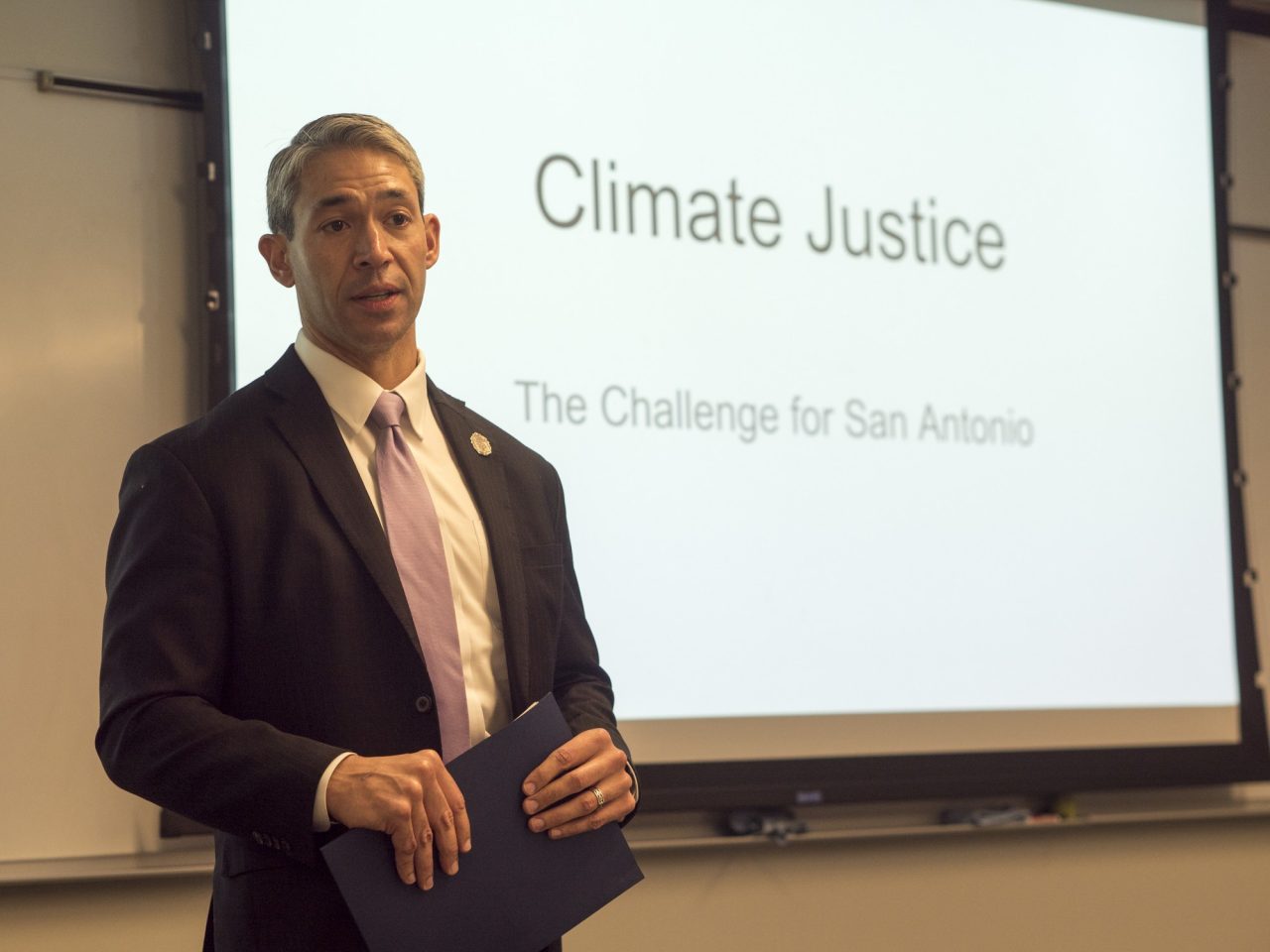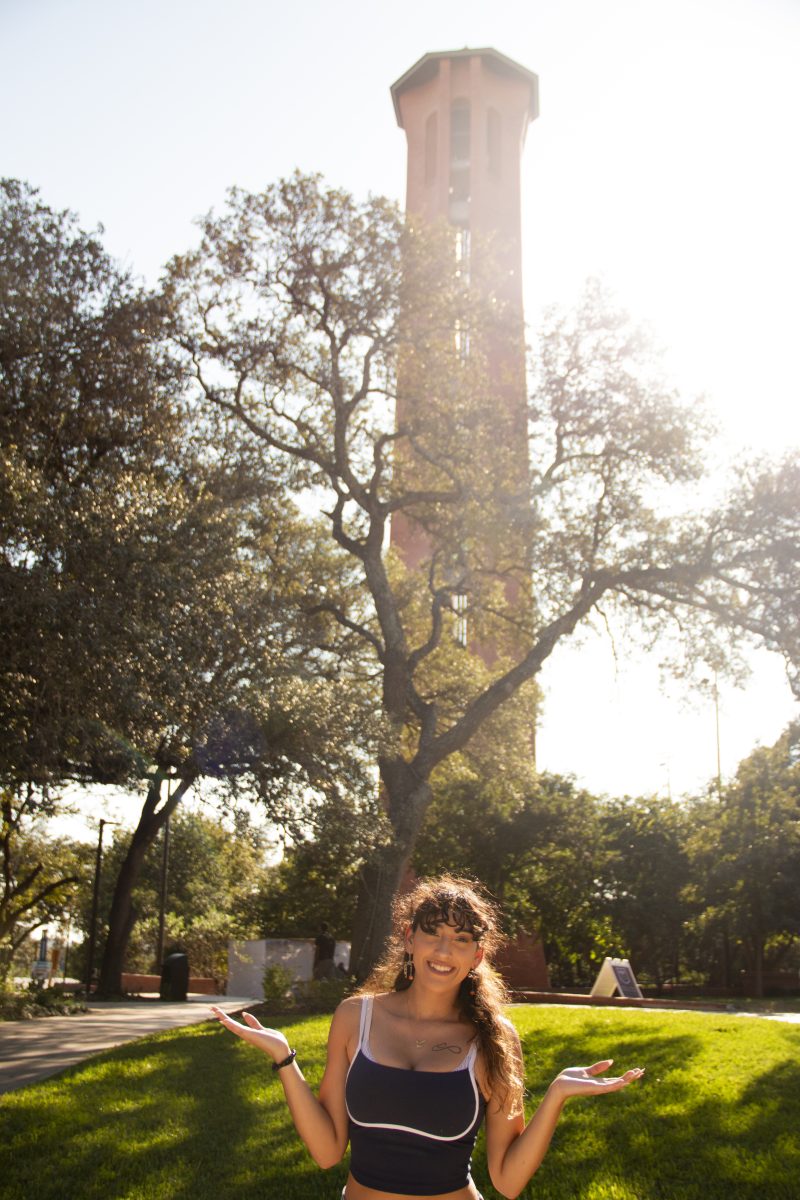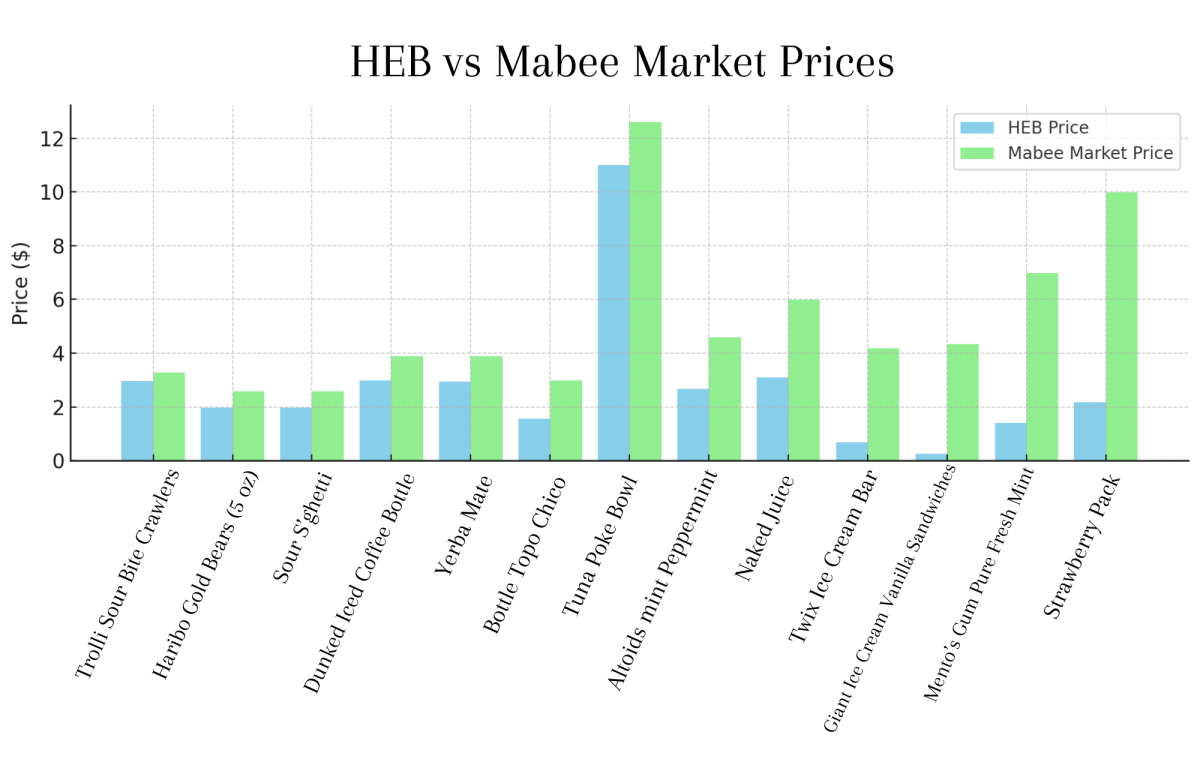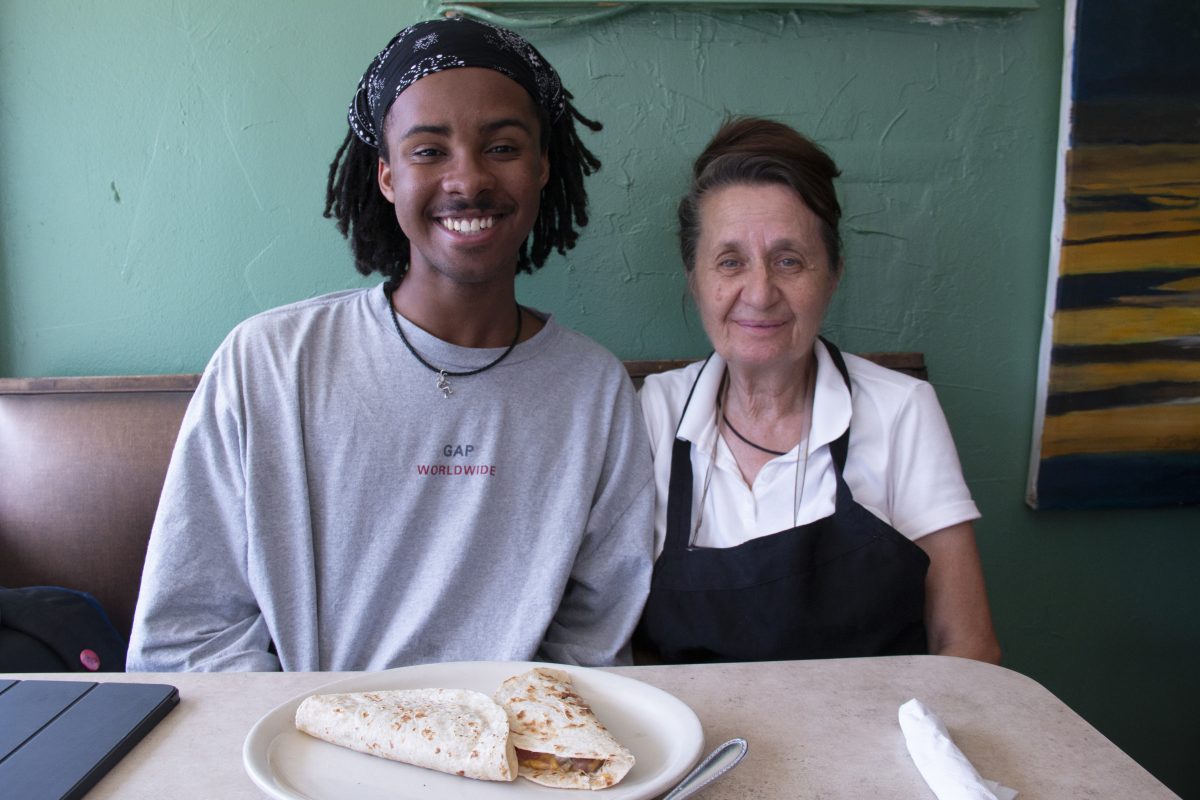Photo by Julia Weis
San Antonio’s City Council is currently preparing to vote on the Climate Action and Adaptation Plan (CAAP), which is part of a larger initiative called SA Climate Ready. Led by the City of San Antonio, CPS Energy, the University of Texas at San Antonio (UTSA) and the private consulting firm Navigant, SA Climate Ready has been trying to create a plan that will take the city in a sustainable direction aligned with the Paris Climate Agreement, which aims to keep the global temperature increase below 1.5 Celsius.
Major aspects of the CAAP, as currently drafted, include San Antonio becoming carbon-neutral — in other words, having no net addition of carbon dioxide to the atmosphere — by 2050. The plan also includes reducing transportation energy consumption, promoting biodiversity and maintaining healthy ecosystems.
“The most important aspects of the CAAP are its plans to reduce and eventually eliminate greenhouse gas emissions that are causing climate change, … its plans to prevent much of the damage that climate change will increasingly cause by helping various parts of the city to adapt as quickly as possible … and its emphasis on equity in how these measures are accomplished,” wrote Meredith McGuire, retired professor of sociology and anthropology, over an email interview.
McGuire works on the Water and Natural Resources Technical Working Group, one of five technical working groups that oversaw the drafting of the CAAP. The working groups are Climate Equity, Transportation and Land Use, Waste and Consumption, Water and Natural Resources, Energy and Buildings as well as a steering committee that helped shape the plan’s overall direction.
Alfred Montoya, associate professor of anthropology and sociology, is part of the Climate Equity working group. This group was responsible for creating a definition of Climate Equity and for ensuring that the CAAP would prioritize marginalized communities who may be disproportionately affected by climate change.
“Because of its history of segregation, redlining and overtly and covertly racist social and public policies, the city of San Antonio is among the most economically segregated cities in the country,” Montoya wrote in an email interview. “A climate equity framework actively ensures that these communities play a central role in the just transformation of the systems that have established and continue to perpetuate, the unequal burden of climate impacts.”
McGuire, Montoya and Gregory Hazleton — professor of English and environmental studies — led a meeting (part of an ongoing series) on the Climate Action Plan on Jan. 29. Students were encouraged to break off into groups and think of ways that the CAAP could be improved; Ron Nirenberg, mayor of San Antonio, attended the event.
Nirenberg encouraged young students to keep up with the CAAP as well as local politics in San Antonio.
“Climate change is an environmental issue, it’s a public health issue, it’s a national security issue, and it’s certainly an economic issue … The one great thing that is different in our plan is that the issue of social justice and equity is prioritized from the very start,” Nirenberg said. “However, until we get a broader cross-section of the community actively talking about CAAP, including young people, we’re likely to regress back to the [status quo], which has caused these impacts to the environment.”
Valerie Gray, Trinity sophomore, attended the meeting and was impressed by the overall discussion.
“It was just a really great discussion of the CAAP, kind of explaining some of the main points of it and also how we can get involved as Trinity students to be shaping what ends up happening with the planet,” Gray said.
Gray is interested in how the plan facilitates climate equity.
“Housing is typically cheaper in places that are particularly hard-hit by natural disasters, so people with less money might be more affected by natural disasters, and it’s hard for them to afford to relocate,” Gray said. “I think it’s important that we focus on helping people, especially people who typically aren’t contributing as much to emissions themselves but [who] are being affected by the effects of climate policies.”
Katherine Jones, junior and president of Eco Allies, said that the organization is considering creating a SparkNotes version of the CAAP draft that will be more accessible to Trinity students.
“Really, because it’s in a Google Drive, [the notes] would be accessible to anyone who wanted to view it and the officer team would be working on it,” Jones said. “We’d probably try and get feedback from Sharon Curry, our club adviser, and also maybe some of the other people at Trinity who are involved like Dr. Montoya.”
This approach is intended to remedy what Jones and others in Eco Allies see as a lack of accessibility and transparency in the plan.
“I have a lot of questions about what the city is actually doing to make people aware of this,” Jones said. “The report makes a really big deal out of equity, but I don’t know how much of that translates to actual action to like make sure that the marginalized communities they’re claiming to represent and uplift are aware of the issues.”
Eco Allies is also trying to increase awareness of Citizens to be Heard. Every Wednesday at 6 p.m. in City Council, Citizens to be Heard is a place for San Antonio citizens to share their thoughts with the city council — the city plans to vote on the CAAP on April 11, but there is a 30-day comment window ending on Feb. 25 when citizens can raise comments and possible changes to the plan.
Briauna Barrera, a Trinity alumna who graduated in 2017, now works as an environmental organizer with Public Citizen and member of the Climate Action SA Coalition. In an interview, Barrera encouraged students to participate in the next six Citizens to Be Heard sessions until the city votes on the CAAP on April 11.
“We obviously want city council to vote on [the plan], but we also want certain goals and considerations to be included to make it a stronger plan that’s more in line with climate data and climate science,” Barrera said.
These goals and considerations, for Barrera, involve adjusting the CAAP’s goals to be more timely.
“There is the large 2050 goal of a carbon neutral city … We know that we need to have carbon-free electricity generation by 2030 and that the coal plants in San Antonio need to be shut down by 2025,” Barrera said. “If we have take sincere, meaningful action for climate change, this means [we need to] to transition rapidly away from fossil fuels.”
Although McGuire likewise wants to make major changes to the CAAP, she feels that some of these sustainability changes are inevitable.
“I believe that the city’s public utilities will eventually have to move in the direction that the environmental activists are pointing. The future is about renewable energy and water,” McGuire wrote. “Los Angeles’ Mayor Garcetti announced that the city would jettison plans for future natural-gas-fired power plants, and San Antonio is well-positioned to make a similar move. I just hope our city does not drag its feet until it is too late to limit the damage of a climate-warming tipping point.”
Students who are interested in learning more about the CAAP can visit the official SA Climate Ready website to read the official draft, or email [email protected] to learn more about the Climate Action Plan meetings at Trinity.







